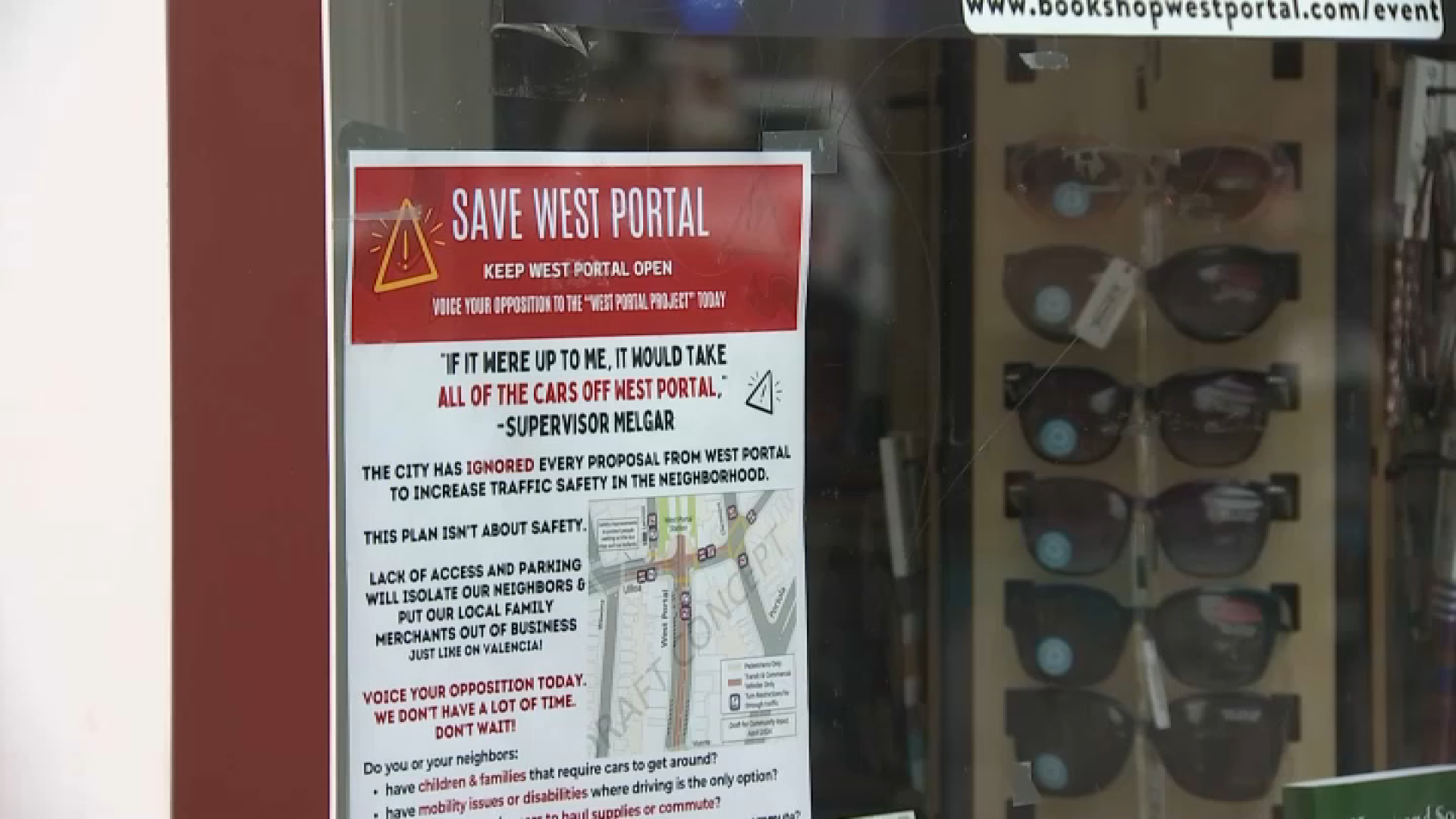Virtually since its passage in the fall of 2012, the Colorado voter-approved law legalizing recreational marijuana has inspired debate from both all walks of the political spectrum and all areas of the country.
The early results on revenues, crime data and enforcement in Colorado and Washington could very well serve as a litmus test for dozens of other states considering similar policy, raising the stakes.
So far, it’s been just a handful of months since Colorado enacted its controversial law.
Yet the early numbers regarding the law’s impact on public safety appear to arm both supporters and critics with ammunition.
The City of Denver houses the bulk of the state’s recreational marijuana retailers, more than 60 percent.
And through the first three months of the year, Denver has seen a significant drop in both violent crime and property crime.
Violent crime in Denver dipped 6.9 percent from January-March of 2014, compared to the same period of the prior year. Property crime sank even lower, more than 11 percent, over the same time frame.
The sizeable drops in both crime statistics have surprised some critics of the Colorado law, including Mendocino County Sheriff Tom Allman.
“No, I was wrong,” said Allman, during a phone conversation with NBC Bay Area Thursday. “I was wrong and I thought that there would be an increase of out-of-staters coming in and causing personal crime. And so, listen - I hope that it continues to do go down. What law enforcement officer would ever want crime to go up?”
Allman said he still worries, however, that wider access to marijuana will drive up the number of drugged drivers on Colorado’s roads, creating a hazard to other drivers. He’s not alone.
Local
Former California Police Chiefs Association President Kim Raney, in Sacramento this week to testify before Senate lawmakers about tightening regulations in California’s medical marijuana law, shares the same concerns as Allman.
“From a public safety standpoint, we worry about marijuana and the increase in drugged drivers on our highways,” Raney said. “And in the first three months, Colorado has seen an increase in drugged drivers.”
The numbers do bear out the claim, to a degree.
Mary Dulacki, the Denver Department of Public Safety’s Records Coordinator, told NBC Bay Area that there has been a slight trend upward in marijuana-related DUI arrests.
From January 1 through April 19 of this year, the latest data, there have been 17 such arrests.
Over the same time frame from a year ago, there were 11, Dulacki said.
Is this modest jump too small of a sample size, or merely signs of things to come?
“I predict it’s going to continue to increase because law enforcement is trying to catch up to the training necessary to get a driving under the influence of marijuana [protocol],” Allman said. “You’re seeing this new paradigm shift of driving under the influence of a substance which inhibits your driving ability.”
Raney has spoken to NBC Bay Area previously about the difficulties of enforcing marijuana-related traffic stops and testing, given the lack of a legal standard.
Overall, he says that three months is just not a sufficient testing ground to examine criminal behavior trends, although he wouldn’t have expected violent crime or property crime to spike as a result of easier access to marijuana.
“Those [behaviors] are more linked to the highly-addictive drugs like cocaine, methamphetamine and heroin,” Raney said, “where people have to use that drug every day, and they have to go out and commit crimes to support the habit.”



